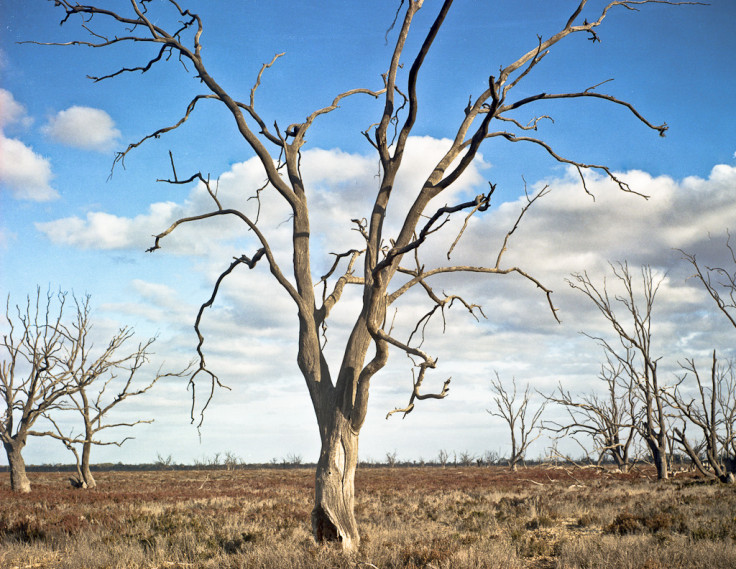58 million trees experience 'extremely threatening' drought in California

Tens of millions of trees in California experienced a severe loss of water between 2011 and 2015. Scientists found that low rainfall, high temperatures and outbreaks of beetles, all contributed to nearly 60 million trees reaching water levels which is deemed 'extremely threatening to long-term forest health'.
Researchers from Carnegie Institute have investigated the effect of the state-wide drought, which has continued since the end of 2011. They found that 41,000 square miles of forest had experienced measurable losses of canopy water, since the beginning of the drought. That is the equivalent of double the size of Wales.
"California relies on its forests for water provisioning and carbon storage, as well as timber products, tourism, and recreation," said Greg Asner, lead researcher of the study. "The drought put the forests in tremendous peril, a situation that may cause long-term changes in ecosystems that could impact animal habitats and biodiversity."
The 41,000 square miles (10.6 million hectares) of forest drought, encompassed 888 million large trees, all of which suffered from the lack of water. Of those, 58 million trees reached drought levels that were extremely threatening to their long-term health.
The research, published in Proceedings of the National Academy of Sciences, used laser-guided imagine spectroscopy to measure the extent of the drought. They then combined that information with satellite data from the beginning of the dry period.
They managed to put the results onto a map, showing the changes in canopy water levels. That information can then be used by scientists to assess which areas of trees are at the greatest risk from a lack of water.
"Continued airborne and satellite monitoring will enable actions on the ground to mitigate a cascade of negative impacts from forest losses due to drought, as well as aid in monitoring forest recovery if and when the drought subsides," said Asner.
In August 2015, so many trees were dying that trucks began to deliver discarded groundwater to them. In addition, the state governor ordered a 25% cutback in the amount of urban water used.
"It's an emergency situation," said Rhonda Berry, President of Our City Forest – a Silicon Valley non-profit forestry charity. "These trees are everywhere, all around us, and are suffering."
© Copyright IBTimes 2025. All rights reserved.






















